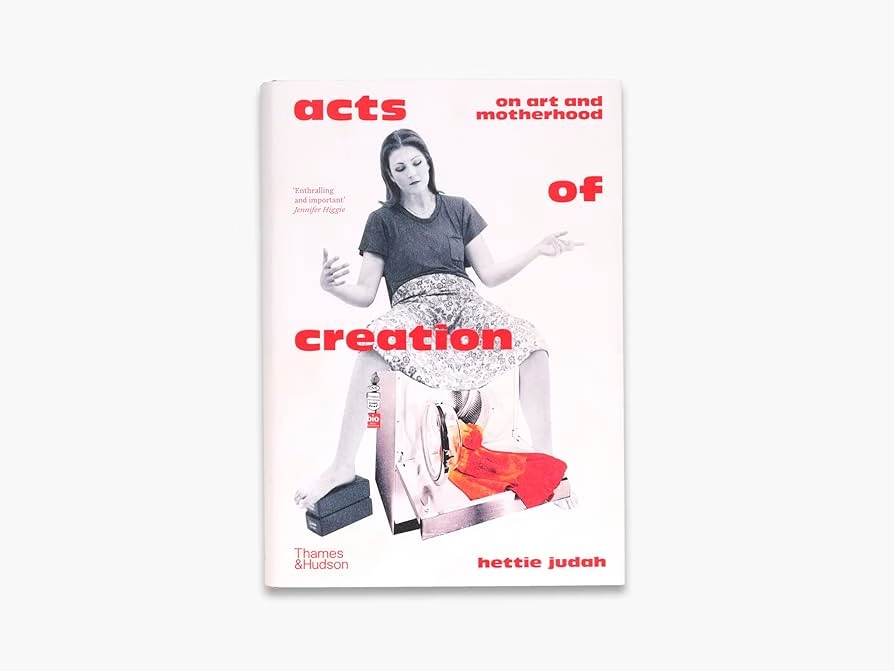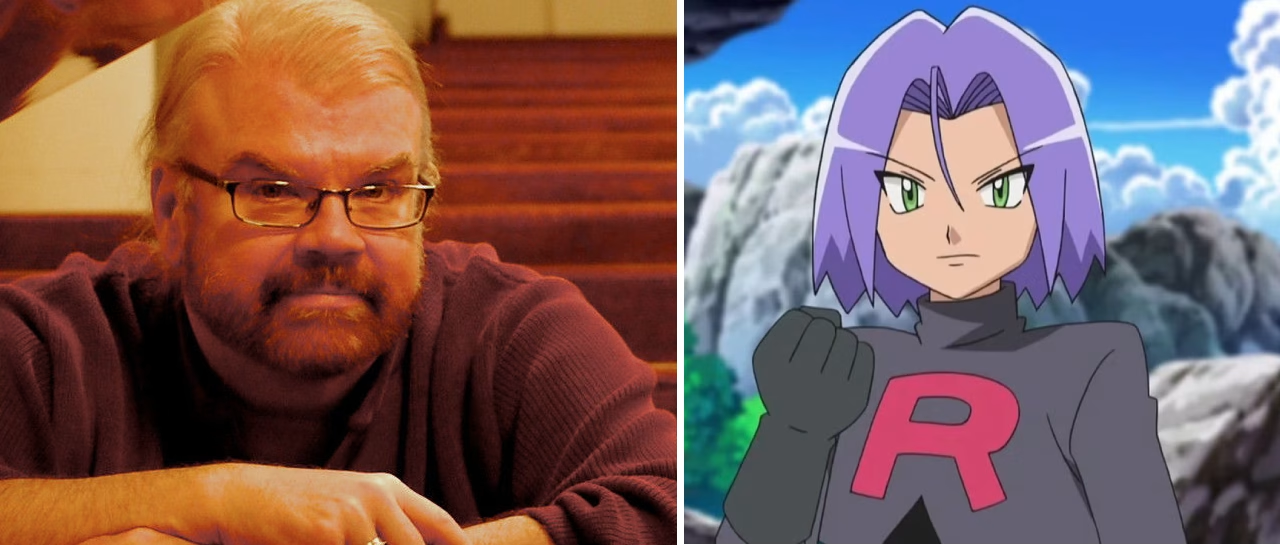When writer and curator Hettie Judah invited Su Richardson to join her exhibition, Acts of Creation: On Art and Motherhood, last year, Richardson was not thrilled. Having been part of the groundbreaking feminist exhibition Portrait of a Housewife in 1977, she expressed frustration about being asked to participate in yet another motherhood-themed exhibit after all these years. “In another 50 years,” she mused, “will we be doing this again?”
Richardson’s concerns are valid; debates regarding the challenges faced by artist-mothers have been ongoing for decades. It is well-documented that women’s greater domestic responsibilities frequently hinder or even extinguish their creative ambitions, as highlighted in Tillie Olsen’s 1965 essay “Silences” and Linda Nochlin’s seminal 1971 article, “Why Have There Been No Great Women Artists?” Despite shifts in the sociopolitical landscape, the persistent question remains: Can a woman be a mother and also an artist? This notion often reinforces the idea that the two roles are incompatible, a sentiment echoed in various contemporary novels and nonfiction works focused on motherhood.
Judah has long aimed to deepen this dialogue. Her 2022 essay, How Not to Exclude Artist Mothers (and Other Parents), argued that the art world would benefit from better accommodating artists with children. Her latest book seeks an even bolder objective: to establish a canon of women artists who draw inspiration from motherhood. Acts of Creation is not just a companion to the exhibition bearing the same name; it also serves as a comprehensive survey of art by and about mothers. Judah shares Richardson’s story early in her book to acknowledge the ongoing conversation surrounding motherhood in art, stating that her work seeks to remember and connect with those who came before.
The book is broad in scope, featuring over 100 pieces across various media—paintings, sculptures, photographs, films, and performances—from multiple continents and spanning thousands of years. It not only spotlights contemporary artists but also explores depictions of motherhood dating back to the Upper Paleolithic era. Judah delves into diverse maternal representations, from the Virgin Mary to notions of Roman Charity and the concept of the “fallen woman,” thereby contextualizing contemporary works that reference these longstanding themes.
While Judah’s overview can sometimes feel rushed and organized more thematically than analytically, her curation shines brightly. The book is most impactful when tracing the surprising lineage of mothers whose art reflects their experiences with child-rearing. As author Rachel Cusk reflects, sometimes the essence of motherhood gets lost in external interpretations of art. Yet the pieces curated here challenge that notion, capturing the complexities of motherhood and creativity.
The book opens with a profound reproduction of “The Painter,” Marlene Dumas’s 1994 portrait of her daughter, which represents an alternative perspective on traditional criticisms surrounding motherhood and art creation. Judah expands upon the works of impressionist Berthe Morisot and contemporary artists, all of whom have embedded maternal narratives within their art.
Judah posits that artist-mothers need not only institutional support but also role models. She illustrates this through the story of 17th-century painter Mary Beale, whose self-portrait includes her children, affirming her dual identity as both an artist and a mother. However, much of Beale’s and countless other artist-mothers’ works have faded into obscurity, as noted by Phillips in The Baby on the Fire Escape, leaving a significant “blank spot” in our understanding of where creativity and motherhood intersect.
Judah highlights that many artworks are created repeatedly because vital aspects of our art history remain unwritten. She recalls how Judy Chicago’s Birth Project series unintentionally echoed Frida Kahlo’s earlier exploration of motherhood, mirroring Richardson’s observation of a historical cycle. Acts of Creation adds to a growing body of literature that revisits the past while surveying the contemporary landscape, empowering artist-mothers to redefine their narratives without the age-old doubts of whether motherhood can coexist with artistic expression.
Acts of Creation: On Art and Motherhood by Hettie Judah is published by Thames & Hudson and is available through various online and independent booksellers.














What do you think?
Show comments / Leave a comment